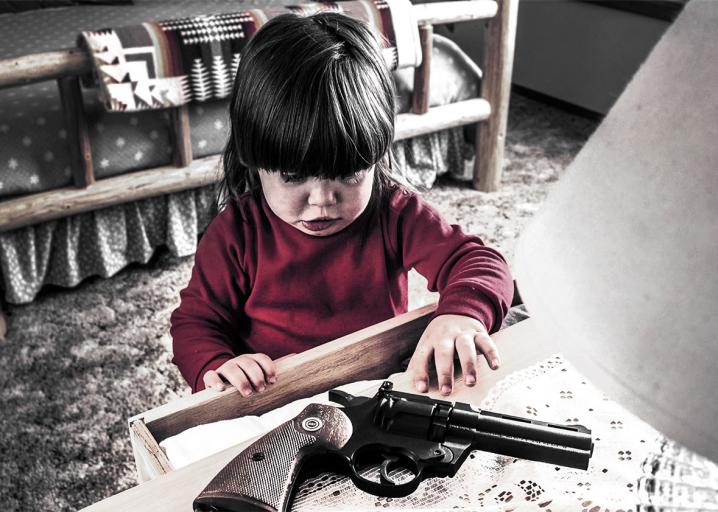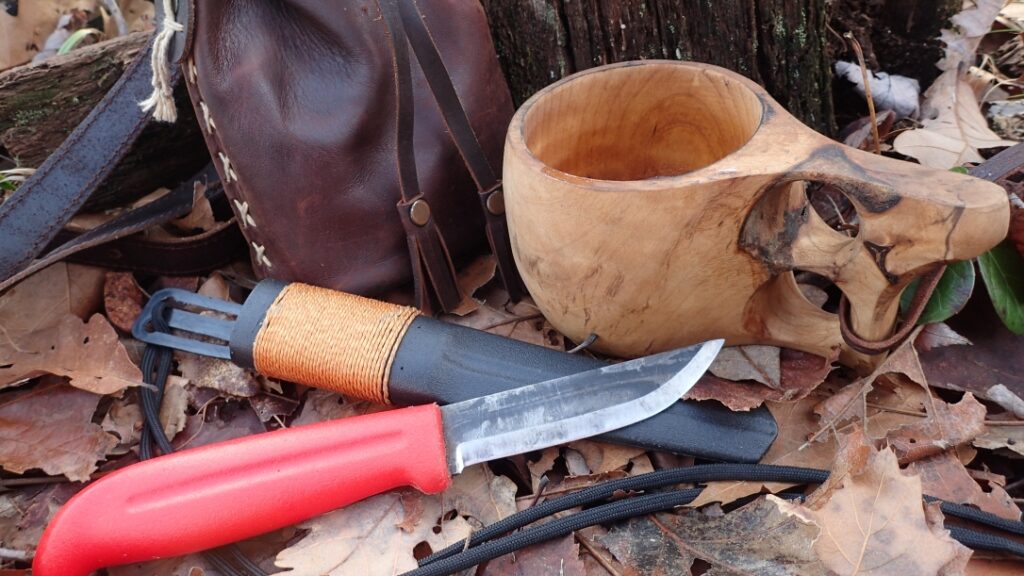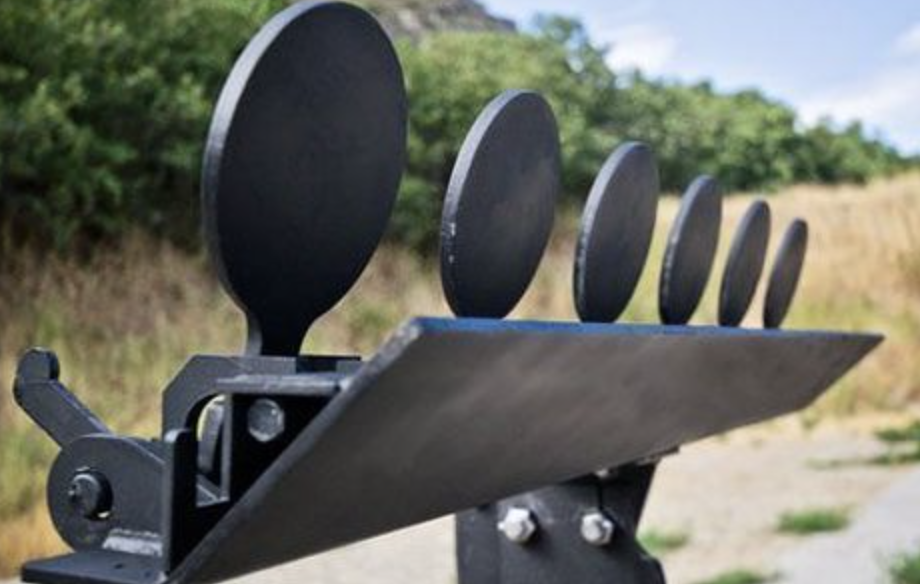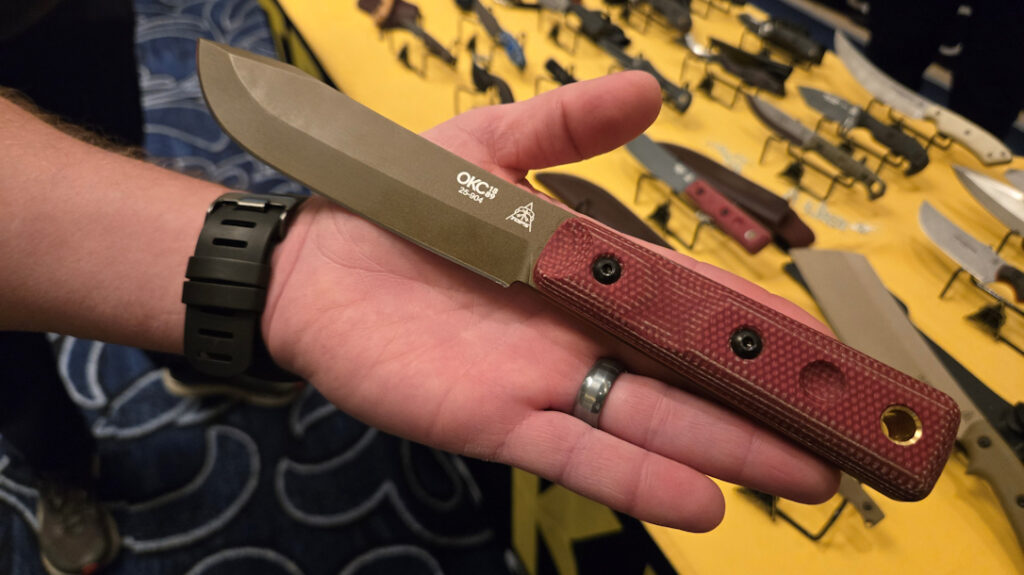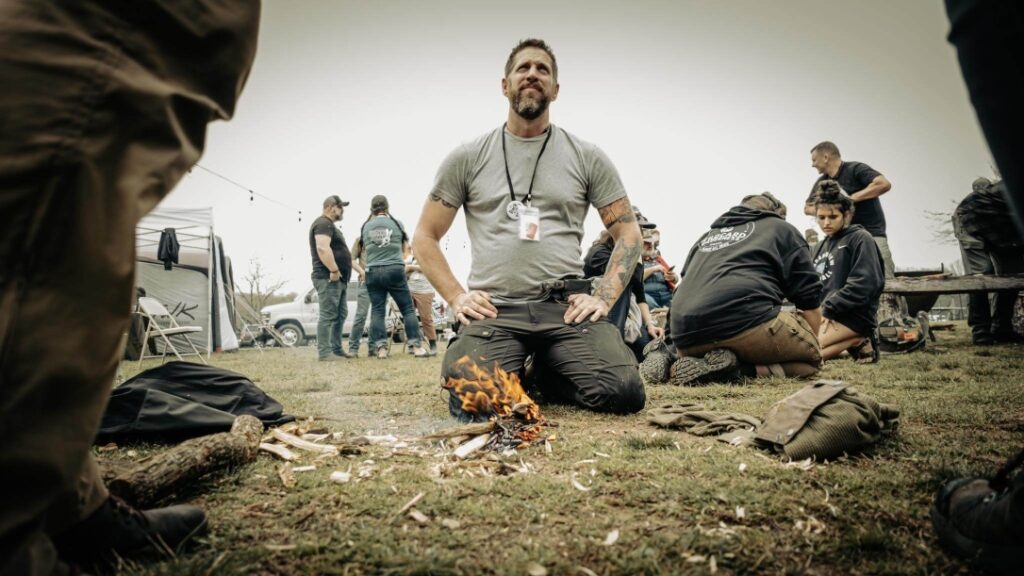When you live alone and own a gun, you don’t worry about where it is. You could hide it in the cereal box, for all it matters—and the only thing to be concerned with is to make sure it can’t be found by a home invader. Every place is safe, as you keep it easily accessible to you.
On the other hand, when you have a family, the issue can take a different turn. Granted, you may be able to keep your spouse safe from danger—or even teach them how to use the gun—but when it comes to children, it’s not that easy.
Small children cannot handle guns, and out of curiosity, they will put themselves in danger—which could sometimes lead to a tragedy. This can be quite concerning, considering that over 1/3 of American children live in homes where there is at least one firearm.
Advertisement — Continue Reading Below
So, how do you keep loved ones safe from your own guns? Whether you have a single handgun or an arsenal, how do you ensure that those guns do not end up in tiny little hands?
The Safest Way to Store a Gun
If you have a gun in your home, be sure you respect certain safety rules. There are other approaches, but for maximal security, these are three golden rules for storing a gun:
Advertisement — Continue Reading Below
- Keep it locked in its unloaded state. This can be in a safe, a cabinet, a gun vault, or even a storage case.
- Keep the ammunition locked in a separate place from the gun—but close enough to access in the event of an emergency.
- Keep the keys or combinations to the storage places either on you or hidden safely away from the reach of children.
If you can follow these three rules, there should never be issues concerning unmonitored gun tragedies. Ideally, you should buy one of the best fireproof gun safes you can, to ensure that it cannot be accessed by anyone who has no business there.
Why Should You Safely Store Your Gun?
The answer to this should be obvious, but too many people don’t think this matters. Believing accidents “won’t happen to me” is too easy and common. Children are curious—as you already knew from prying your kid away from the electric outlet for the tenth time. If they come across a loaded gun, not only that can they hurt themselves, but they can injure other people as well.
Advertisement — Continue Reading Below
Plus, teens can be highly emotional, and can act impulsively. In the United States, guns are the leading method of suicide—and about 60% of shooting deaths in 2016 were teenage suicides.
This problem does not only apply to teenagers. People who are depressed, regardless of age, are more likely to commit suicide. If someone in your household is depressed or has had suicidal thoughts, please: secure all your firearms, or even remove them from your home.
Even if you do not have children, you still should be very careful. After all, you are going to receive guests at some point—and some of them might be children. Accidents happen when curious children roam around the house and stumble across a loaded gun. So secure your firearms whether you live alone in or not. Even if a burglar is the only other human to enter your home, it’s worth disappointing him by keeping your armory well hidden and locked up.
Advertisement — Continue Reading Below
Keeping Kids Safe in Other Homes
Child safety is not only a concern in your own home. Be attentive about other’s homes as well. You could try to keep your child away from houses that have guns—but that’s unrealistic and you can’t know for sure anyway.
When your child visits friends or family, you can ask whether they have firearms and how they are secured. It might feel slightly awkward, but it should be understood because it is about your child’s safety.
Advertisement — Continue Reading Below
Final Thoughts
The surest way to keep weapons safe from your less able loved ones is under lock and key. Children are unpredictable and creative. They will find anything anywhere at some point. Especially in that cereal box!
.
Advertisement — Continue Reading Below
.

—Jay Chambers is a Texas business owner, archer, shooter and survivalist. He believes in free speech, resiliency and self-sufficiency in an increasingly unpredictable world.
All DRGO articles by Jay Chambers
Advertisement — Continue Reading Below
